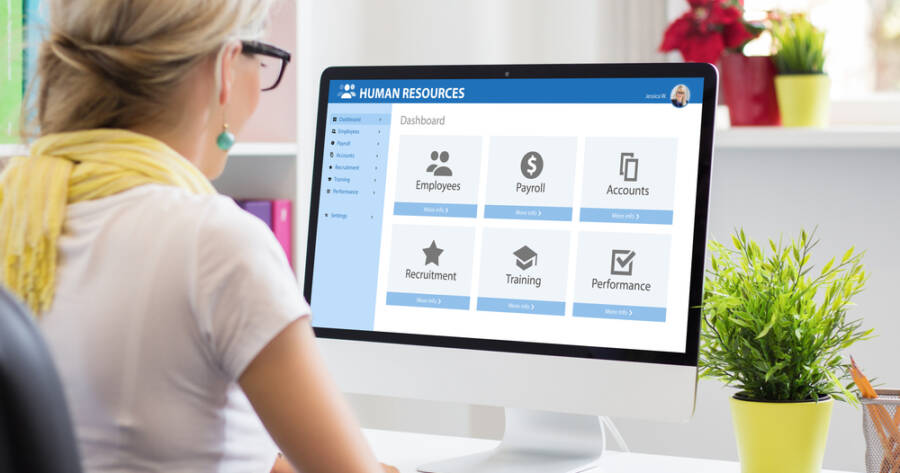HR software has transformed business operations by automating critical tasks like recruitment and payroll, enabling companies of all sizes to achieve remarkable efficiency. As organizations embrace 2025’s technological advancements, features such as mobile access and AI analytics become vital. Explore key functionalities, emerging trends, and the process of selecting the right HR software for your needs.
The Growing Importance of HR Software
In the realm of business operations, HR software has become indispensable for managing key human resources tasks such as administration, recruitment, payroll, and performance management. Automating these processes not only streamlines operations but also enhances data organization, leading to data-driven decision-making. This transformation is crucial for companies aiming to optimize their HR functions and improve organizational efficiency.
With the technological advancements of 2025, HR software solutions have been identified to cater to different business sizes and needs. For instance, ADP Workforce Now is celebrated for its scalability and global payroll support, making it a robust option for companies that anticipate dynamic growth. Deel, on the other hand, excels in providing HR solutions to startups, extending its reach across over 150 countries and offering essential tools for managing global teams.
Essential Features of Modern HR Software
Central to effective HR software is a centralized database that facilitates data storage and quick access, streamlining audits and compliance with regulations. This feature not only supports strategic decisions but also enhances employee engagement by enabling self-service options. Through employee self-service portals, staff members can handle personal tasks independently, significantly reducing the HR department’s workload.
Additionally, talent management is a pivotal component of HR software, crucial for both attracting and retaining high-caliber talent. Features like automated candidate sourcing and learning management systems help bridge skill gaps, maintaining a robust talent pipeline for businesses. Moreover, essential functionalities such as recruitment management, employee onboarding, compliance management, and payroll management, play a vital role in maintaining an efficient and legally compliant HR environment.
HR Software Trends for 2025
As businesses prepare for the future, certain trends in HR software are surfacing as necessities. Mobile accessibility has become critical, as employees increasingly expect to access work-related functions from their smartphones. This shift emphasizes the need for mobile-friendly HR platforms to maintain competitiveness. Additionally, the integration of AI-powered analytics is transforming the HR landscape, offering valuable insights into hiring trends and employee performance.
High-level data security remains a top priority, protecting sensitive employee and company information through robust encryption and access controls. Furthermore, businesses are increasingly recognizing the value of HR software that smoothly integrates with other systems, allowing for efficient workflows and cohesive data management.
Choosing the Right HR Software
When selecting HR software, it is important to consider a variety of factors to ensure it meets specific organizational needs. This includes evaluating the software’s HRIS capabilities, reporting functions, payroll and benefits modules, pricing transparency, and overall platform usability. User support and reviews also provide insights into the software’s reliability and user satisfaction.
For smaller enterprises, BambooHR is frequently recommended due to its user-friendly interface and emphasis on employee experience. Meanwhile, larger companies often benefit from using SAP SuccessFactors HCM, which offers extensive customization options and integration capabilities with other SAP products, enhancing process efficiencies.
Why You Should Learn More About HR Software Today
For companies aiming to stay at the forefront of efficiency and productivity, investing in the right HR software is crucial. As businesses grow, managing HR functions manually becomes increasingly complex. By automating core processes like hiring, payroll, and compliance, HR software facilitates scalable operations and accurate data management, ensuring robust compliance and performance management.
Understanding the latest trends and features in HR software equips organizations with the tools needed to enhance productivity and capture valuable data insights. This approach not only assists in making informed strategic decisions but also fosters a supportive and engaging work environment.
Sources
HR software’s role in streamlining HR tasks
Key features such as self-service portals and talent management
Emerging trends like mobile accessibility and AI analytics
Choosing HR software that fits business needs
The importance of HR software in enhancing productivity and data management

